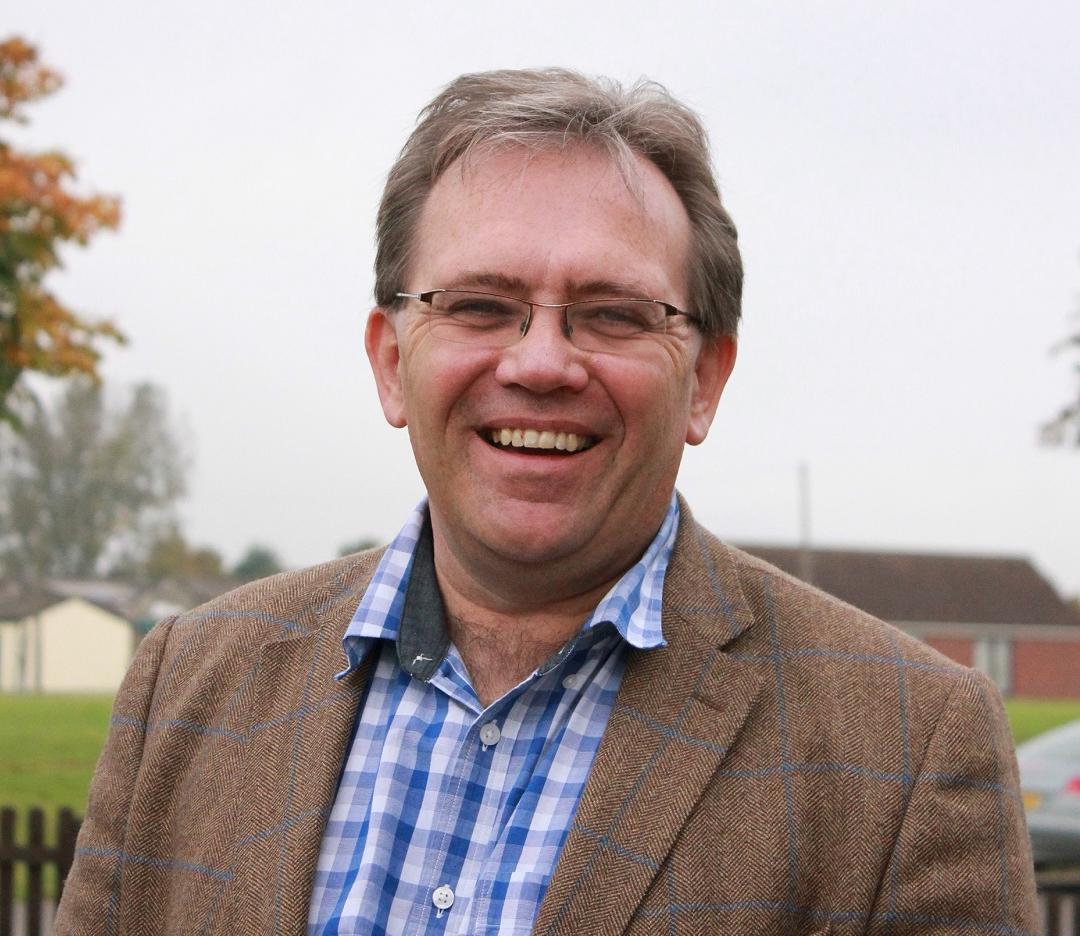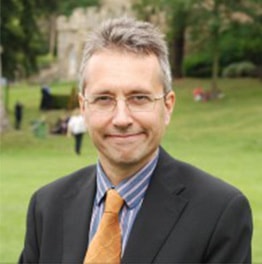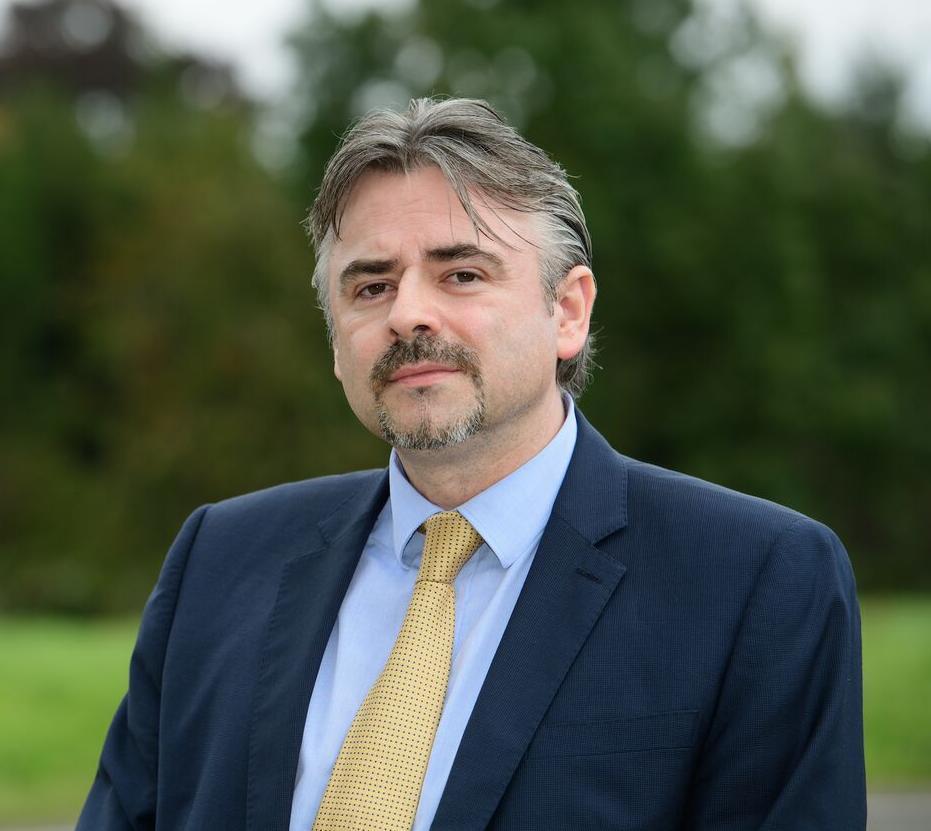The Future of Food and Farming
In the future, farming and food production will be transformed by efficient new robotic systems, and researchers at the University of Lincoln are at the forefront of this exciting research.
Through its National Centre for Food Manufacturing (NCFM) and Lincoln Institute for Agri-food Technology (LIAT), the University of Lincoln delivers research and development in collaboration with many industry partners from across the agri-food chain. Included among these partners are major global names such as Nestle, Tesco, Bakkavor, Bosch, Produce World Group and BOC.
With a number of projects funded by the UK Government, the aim is to enable innovation in these sectors to improve productivity, efficiency and sustainability – from farm to fork.
The Lincoln Institute of Agri-food Technology has been developing a fleet of multi-purpose agricultural robots, modelled on the Mars Rover, to support farmers with a whole range of tasks. Thorvald – the first of these robots to be on the move – can be used as a light-weight robotic carrying platform, as a sensor platform to monitor crops and soils and, potentially, as a platform to manage crops and for precision weed control.
Thorvald was retrofitted with portable cosmic ray sensors as part of major project measuring intergalactic cosmic rays to provide farmers and agri-tech researchers with near real-time data on soil moisture level.
Professor Simon PearsonThe food chain is worth £108 billion GVA to the UK economy. It employs 3.8 million people and it represents the UK’s largest manufacturing sector – bigger than the automotive and aerospace sectors combined – but it is currently experiencing a great deal of pressure. Innovation is absolutely key to easing this pressure and that is why our so much of our research aims to find radical new ways of performing familiar tasks. We know that robotics represents the next revolution in farming and food production, and we are proud to be at the leading edge of this exciting movement.
The cutting-edge meteorological and soil monitoring instruments supported by Thorvald measure high energy sub atomic particles known as ‘fast neutrons’, which are generated by cosmic rays when they enter the Earth's atmosphere from both inside and outside our own Milky Way Galaxy. The way the rays ‘bounce’ off the ground determines how much soil moisture there is, which is vital for farmers to properly regulate soil irrigation.
As well as Thorvald the field robot, Lincoln researchers have been developing soft robotic grasping tools and manipulators for the handling of food, creating state-of-the-art 3D vision systems for use in the automated robotic harvesting of vegetables and in robotic weeding technologies, and working with external partners to create the first ‘robotic chef’ to work on large-scale food production.
The University of Lincoln has also secured funding of £6.9 million from the UK's Engineering and Physical Sciences Research Council (EPSRC) to deliver a massive influx of high-level robotics expertise at a vital time for the agri-food industry.
Working in collaboration with the University of Cambridge and the University of East Anglia, the University will open the world's first Centre for Doctoral Training (CDT) in agri-food robotics. Led by Professor Tom Duckett, it will provide training for at least 50 doctoral students, who will be supported by major industry partners and specialise in research areas such as autonomous mobility in challenging environments, the harvesting of agricultural crops, soft robotics for handling delicate food products, and ‘co-bots’ for maintaining safe human-robot collaboration and interaction with human co-workers in farms and factories.
Professor Tom DuckettIt is widely agreed that robotics will transform the food and farming industries in the coming years, but there is still a major skills gap in this area. The world is waiting for a new generation of highly skilled RAS researchers and leaders to combat the pressing issues facing the global food chain, and our new CDT will be dedicated to delivering those expertise. It will be a real focal point for robotics innovation in the UK.
Meet the Expert
Professor Simon Pearson,
Lincoln Institute for Agri-food Technology

Professor Simon Pearson, is a leading expert on a diverse range of agri-technology applications including robotic systems, automation, energy control and management, food safety systems, and novel crop development. Professor Pearson is Director of the Lincoln Institute for Agri-food Technology.
Meet the Expert
Professor Tom Duckett
School of Computer Science

Tom Duckett is Professor of Robotics and Autonomous Systems and leads the University's Centre for Doctoral Training in agri-food robotics.
Meet the Expert
Professor Mark Swainson,
National Centre for Food Manufacturing

Mark Swainson has an extensive range of research interests including food industry quality, advanced food process technologies, robotics & automation, food supply chain efficiency, antimicrobial materials, and shelf life of foods. Mark is the Deputy Head of the National Centre for Food Manufacturing and the Lead for Higher Education and Research.
